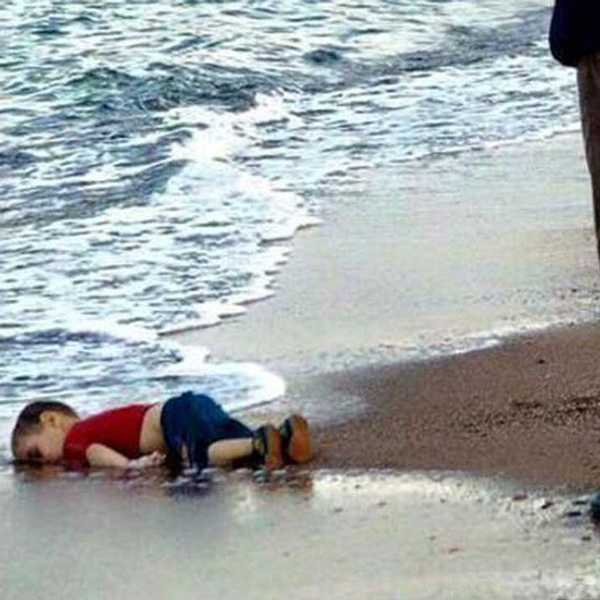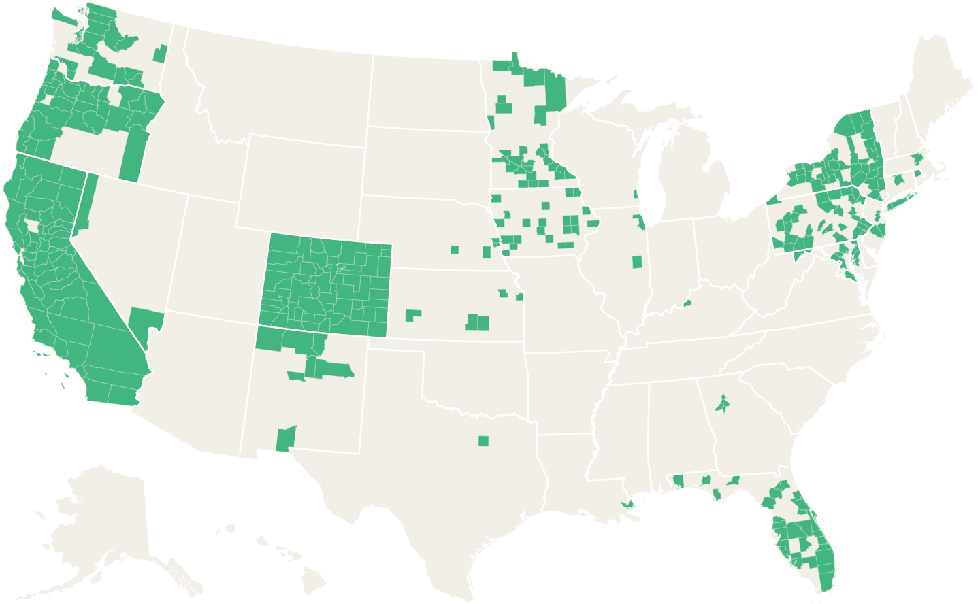In recent political news, President Donald Trump signed an executive order that states, "Sanctuary jurisdictions across the United States willfully violate federal law in an attempt to shield aliens from removal from the United States. These jurisdictions have caused immeasurable harm to the American people and to the very fabric of our public." A major goal of this executive order is to block federal funding of sanctuary cities.
But, what exactly are these so-called "sanctuary cities?" In a nutshell, they're "jurisdictions that limit local law enforcement cooperation with federal immigration agents." According to the New York Times, there are currently four states, including California, Vermont, Connecticut, and Rhode Island, that "have statewide laws that limit how much the local police can cooperate with requests from federal authorities to hold immigrants in detention."
In total, there are 106 sanctuary cities in the United States. A complete list can be found here; however, the major ones include Los Angeles, Denver, Miami, Chicago, Boston, Detroit, New York City, Philadelphia, Dallas, Washington D.C., etc. In the map below, the high-lightened green localities denote sanctuaries.
What's the big deal? According to Open the Books, the 106 sanctuary cities combined received over $27 billion from the federal government. That's a huge amount of money. Moreover, they concluded, "On average, the cost of lost federal funding for a family of four residing in one of the 106 sanctuary cities is $1,810 — or $454 per person."
The Washington Free Beacon reports, "The 12 cities with the most illegal immigrants and the federal funding received last fiscal year are: New York ($7.6 billion), Chicago ($5.3 billion), Philadelphia ($590 million), San Francisco ($509 million), Los Angeles ($502 million), Seattle ($284 million), Providence ($235 million), Denver ($227 million), Austin ($207 million), Newark ($207 million), Portland ($174 million), and Minneapolis ($118 million)."
If these sanctuary cities refuse to reverse their sanctuary city status, then they will lose federal funding. Some cities, such as Miami, Florida, have already reversed their sanctuary city policy. Despite this, some sanctuary cities are sticking to their policy. For instance, The Boston Globe reports that the Boston Mayor, Martin J. Walsh, has declared that this executive order is "'a direct attack on Boston's people' and he even offered to shelter immigrants in City Hall."






















